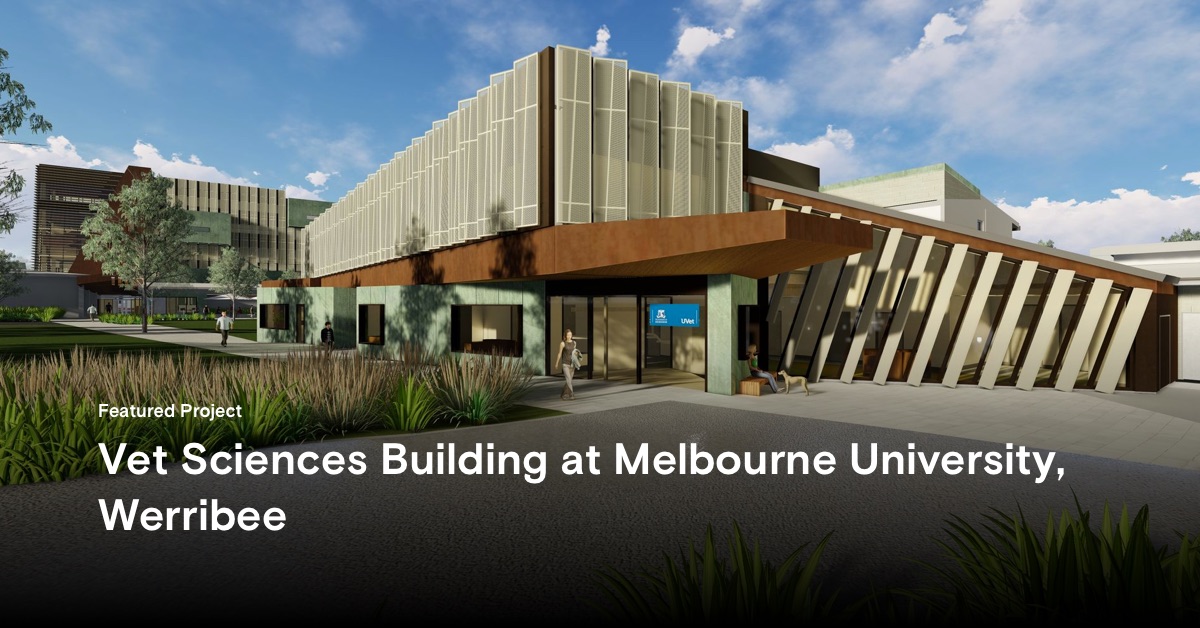To be a great team leader you need to think of yourself as a “nurturer of talent” rather than the “boss”. Your role is to build a team and provide them with the conditions and confidence to achieve their goals. Here are some great tips for managing a team successfully.
Allocate tasks evenly
By making your team members do tasks they are not good at and don’t enjoy, you’ll lose not just their confidence but their enthusiasm too. Find out what each member of your team is best at and tailor their roles accordingly. You’ll find your team is more efficient and less stressed when each member is doing what they do best.
Criticise and praise
Did you know that the human brain is wired for negative thinking more than it is for positive? Naturally, we tend to see the glass as half empty rather than half full. However, as a team leader, you need to pay close attention to your attitudes towards your team’s work and your responses to it. Always be constructive in your criticism and encouraging in your delivery. Avoid making your colleagues feel small and give compliments frequently. It’s also a great idea to recognise the good work of one team member publicly in front of everyone else– but make sure you do so for all members of the team.
Build more than a team
Knowing your team on a personal level has many benefits. Aside from the obvious one of building rapport, it helps you appreciate them as a person and work with them more effectively. In addition to getting to know your team members personally, encourage the same bonds of friendship amongst the members of the team. Doing so will increase trust, reduce competitiveness, and prevent anyone taking offence to what another person has says. Weekly team lunches or Friday night drinks help.
Communicate
There’s no doubt that being a team leader requires exceptional communication skills, and we’re not just talking about the ability to write and speak. Your role requires you to foster open communications, encourage ideas and opinions that will aid your team’s work. You will also need to be a good listener, and be receptive to criticism and debate. Become someone that your team are not afraid to talk to and be honest with, as this is highly constructive.
Be accountable
It’s one thing to make plans and goals, it’s another thing to stick to them by holding yourself and your team accountable. When one member of the team fails, the rest of the team won’t be able to do their part. This is why accountability is so important. When setting goals as a team, take it upon yourself to check collective and individual results along the way, and ensure that your team can also hold others accountable when they miss a beat.
Like this blog? Be sure to let us know – follow our LinkedIn page for weekly updates and join the discussion around construction and engineering industry.




